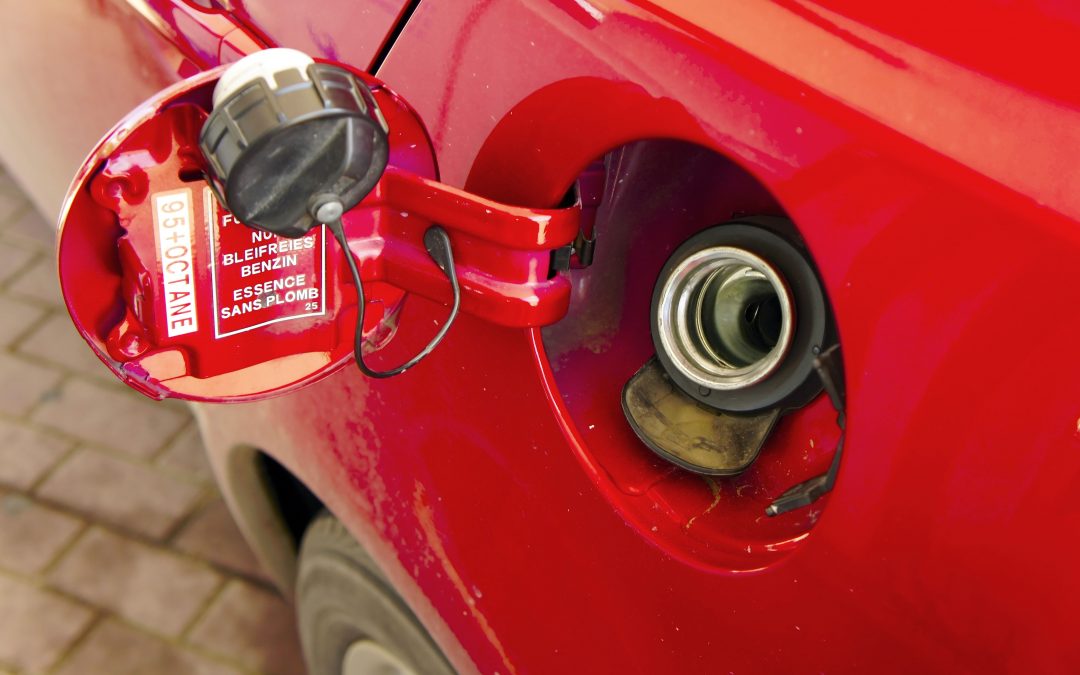While octane ratings specifically refer to the quality of gasoline, many consumers do not know what these ratings mean, how they affect their vehicles, or how they are calculated. As an auto tech, you are familiar with octane ratings, but you may be unaware of some of the facts as well. To help you better explain octane to your customers and how selecting the right gas affects engine performance, remember these points.
What Is Octane?
Octane is a combustible component of gasoline that is isolated in the refining process from crude oil. Different types of hydrocarbons, such as octane, heptane, bentane, and hexane, are the primary burning components of gasoline. Each different form’s prefix identifies how many carbon components are bonded together in the compound. Alternatively, octane is also used to describe how efficiently gasoline burns in the engine.
Octane Calculations Explained
Octane ratings for gasoline are calculated by comparing the average knock of a gasoline blend to the lack of knocking in pure octane liquid. Octane has a rating of 100, and gasoline’s mixture of different hydrocarbons results in a knock that is greater than that of pure octane.
Octane Ratings For Engine Performance
As knock ratings, or octane ratings decrease, the gas can explode with such violence in the engine that it has the potential to crack the motor heads. Knock occurs in all engines due to pressure within the cylinder, but the average knock of an engine should be minute enough to not cause damage. Higher octane ratings mean the gasoline will burn more slowly with less violence, which is necessary for many gravity-fed fuel pumps. However, most modern automotive manufacturers install fuel-injected engines, which ensure the same amount of fuel is brought into the cylinder consistently.
Ultimately, your consumers are paying extra for higher-octane gas if they purchase higher-rated gas than what is recommended by the auto manufacturer. Although some argue that higher octane ratings produce better gas mileage for vehicles, fuel-injected engines should get the same gas mileage regardless of higher ratings. By understanding the power and principles of octane, you can save yourself and your customers more money. However, using gasoline with lower octane ratings than manufacturer recommendations will cause decreased fuel efficiency.

